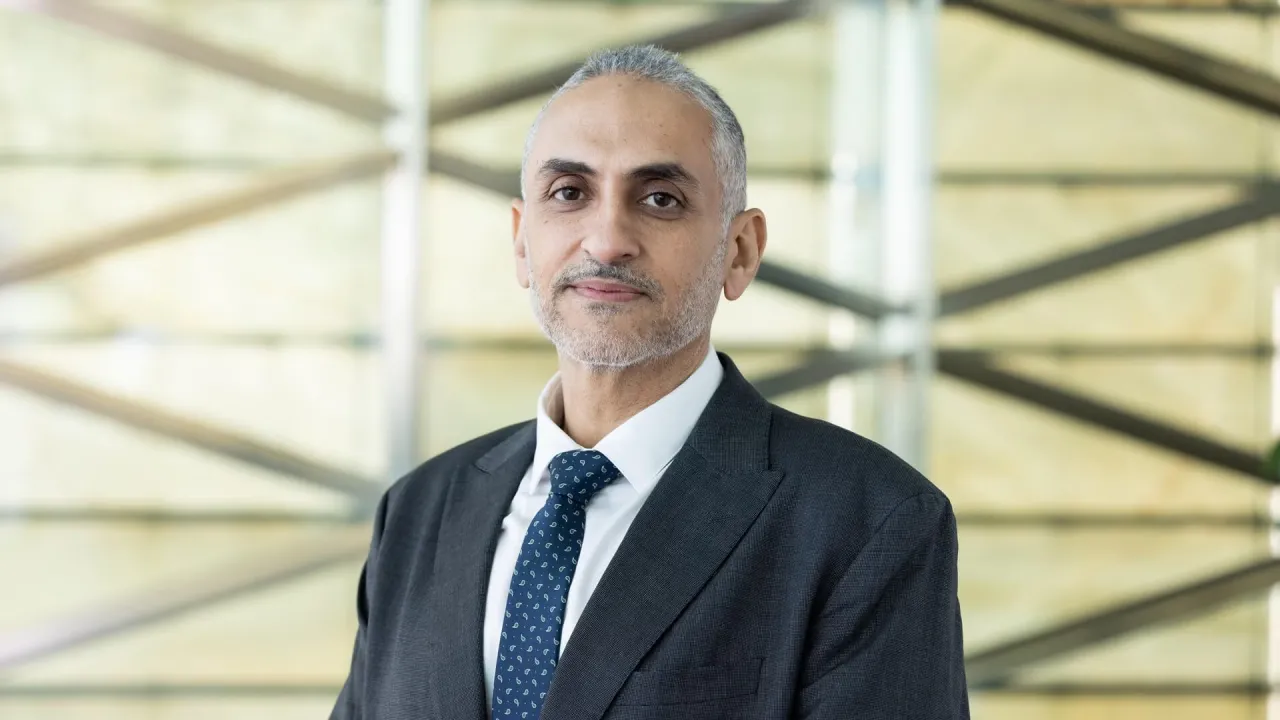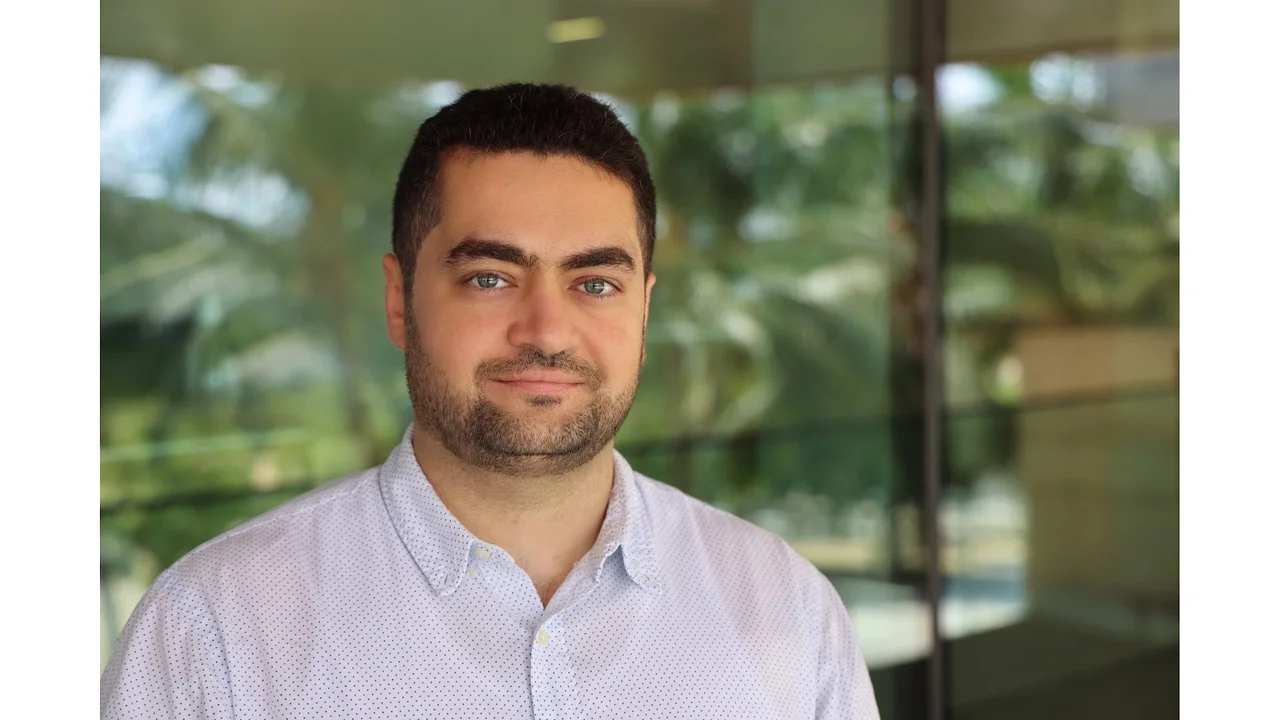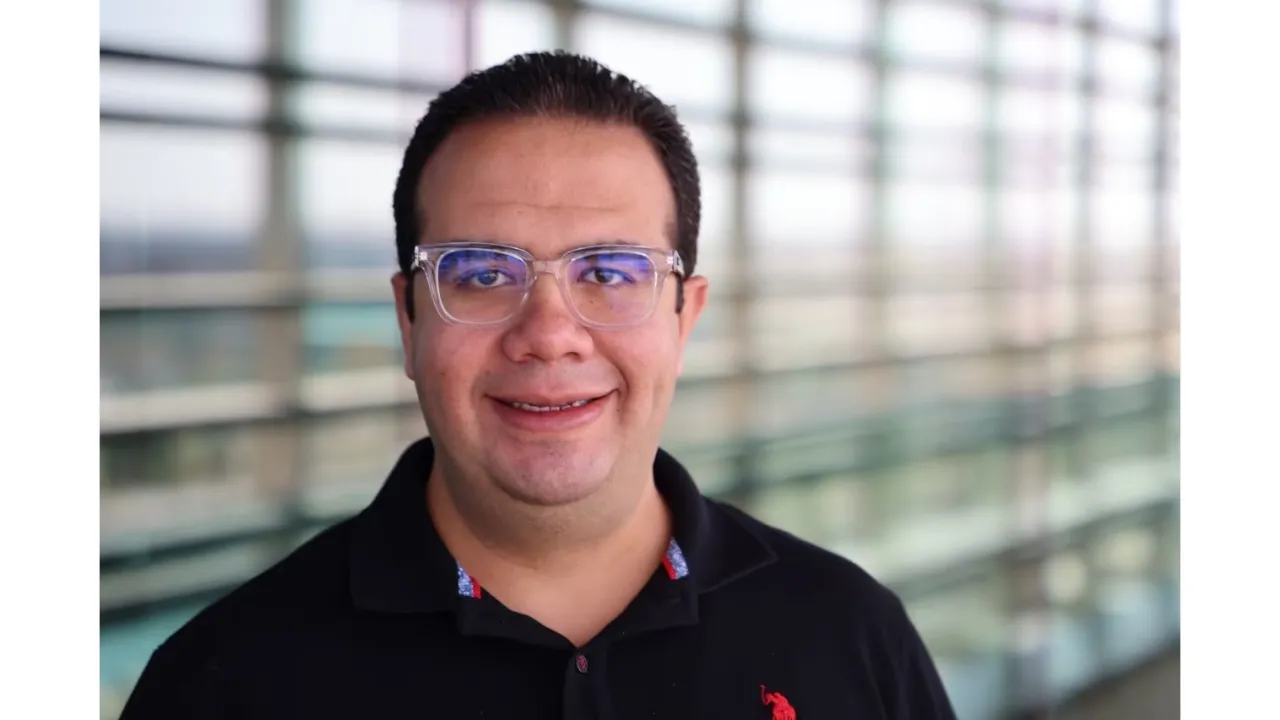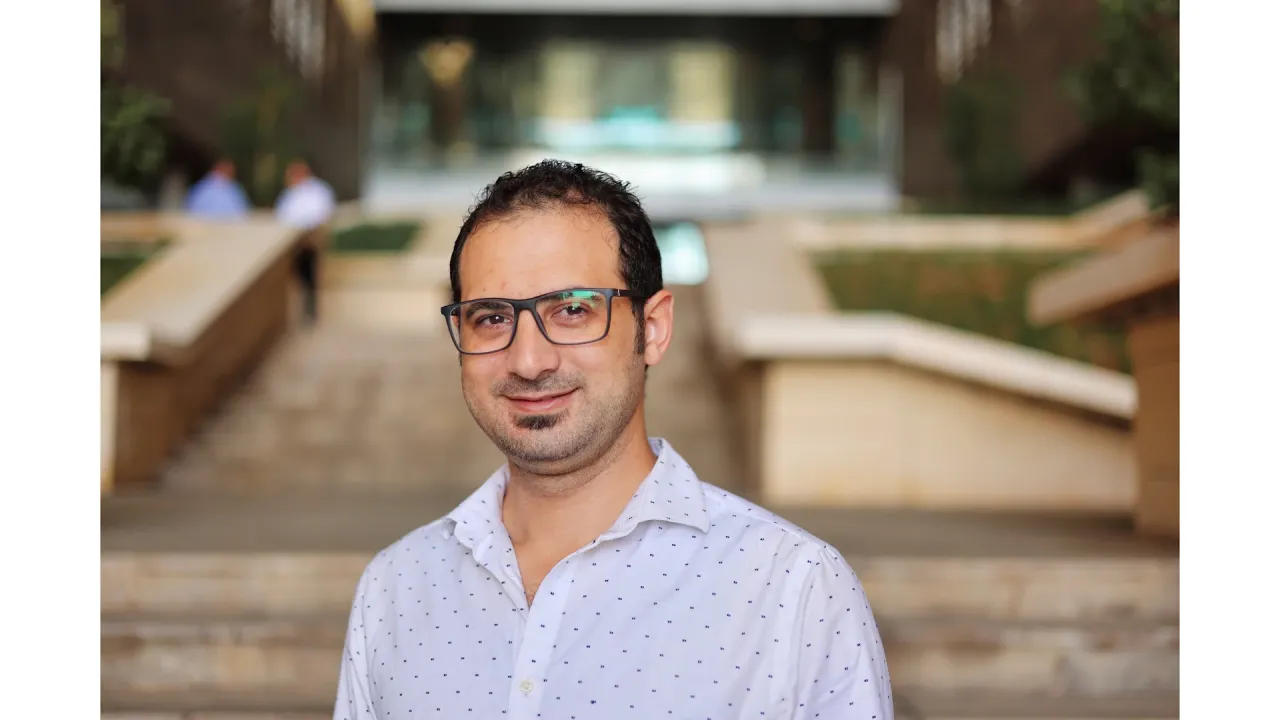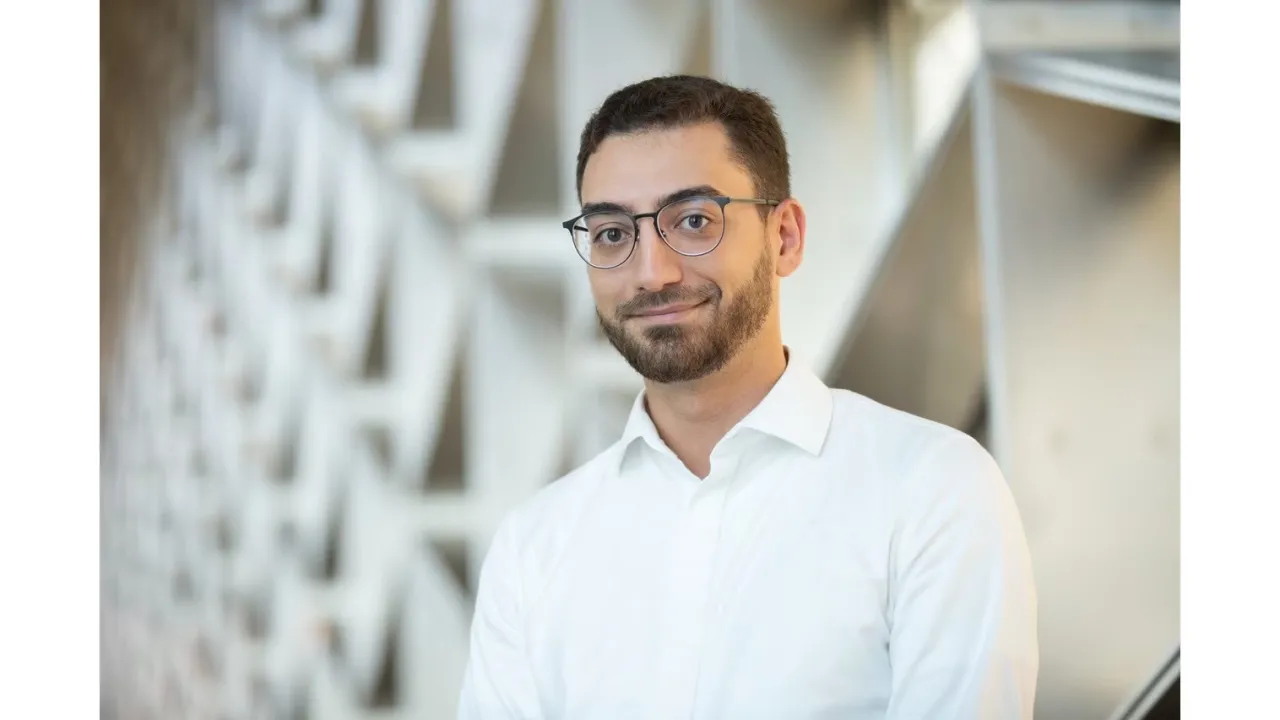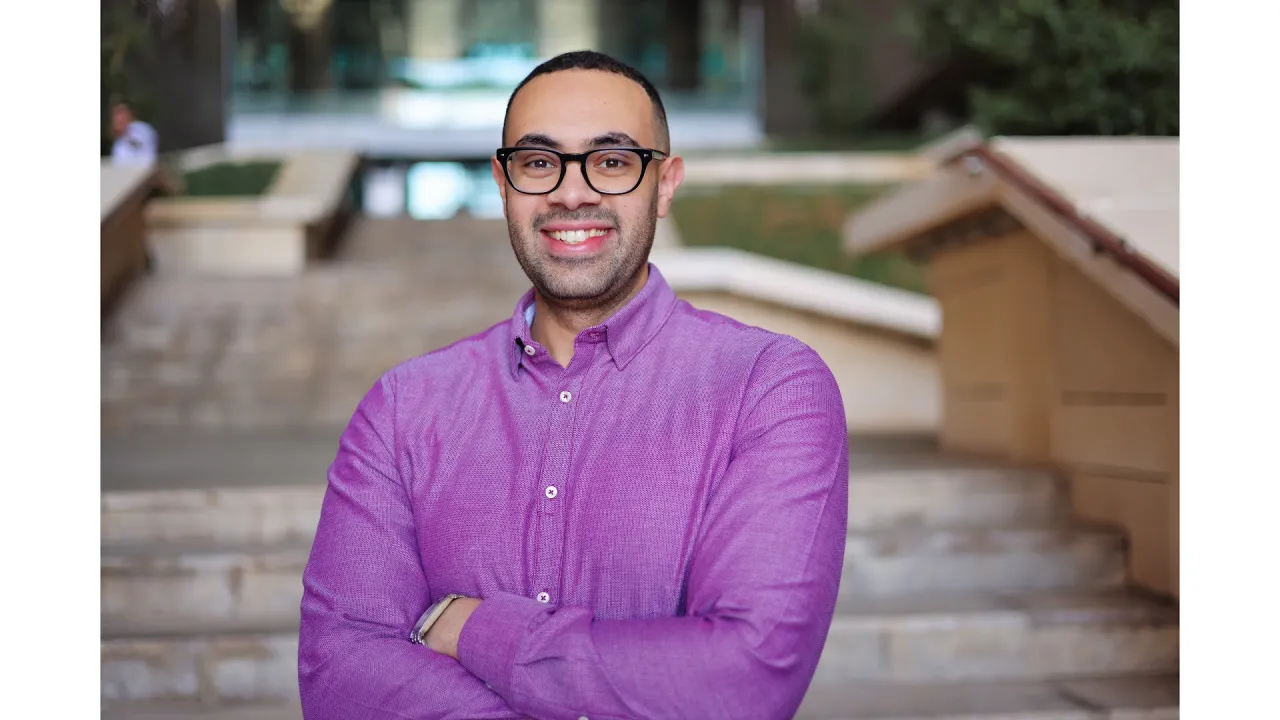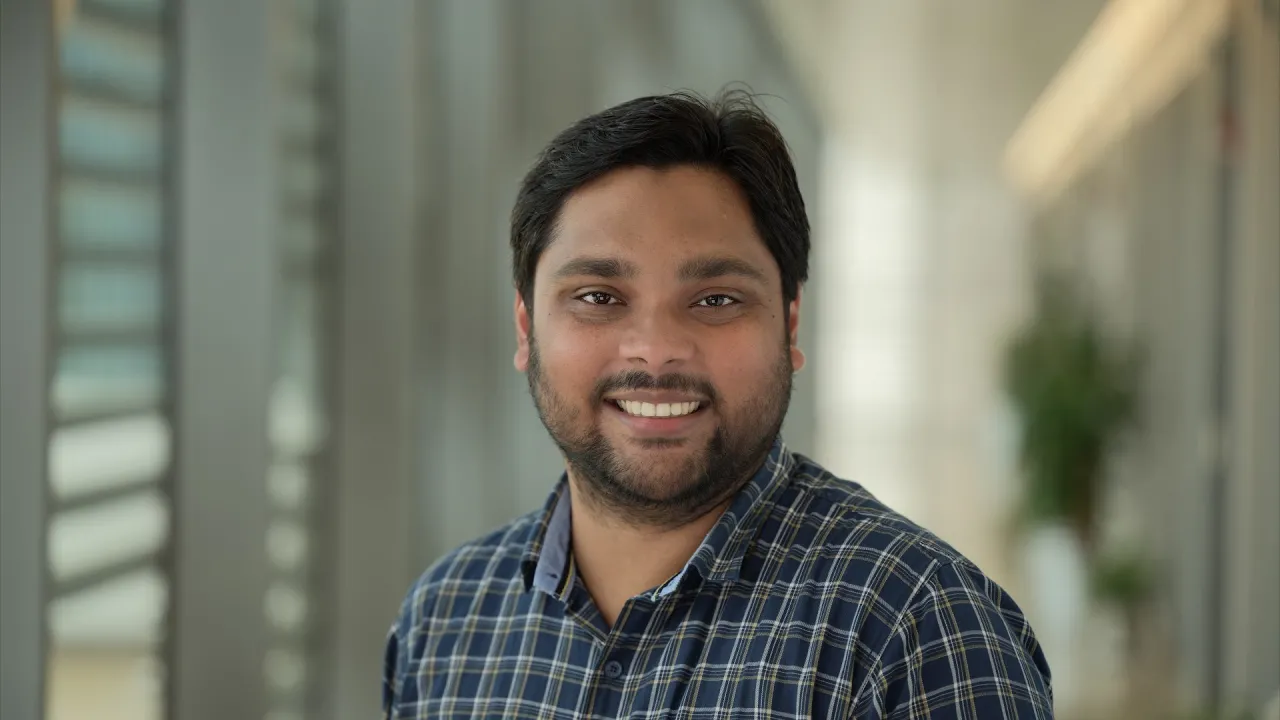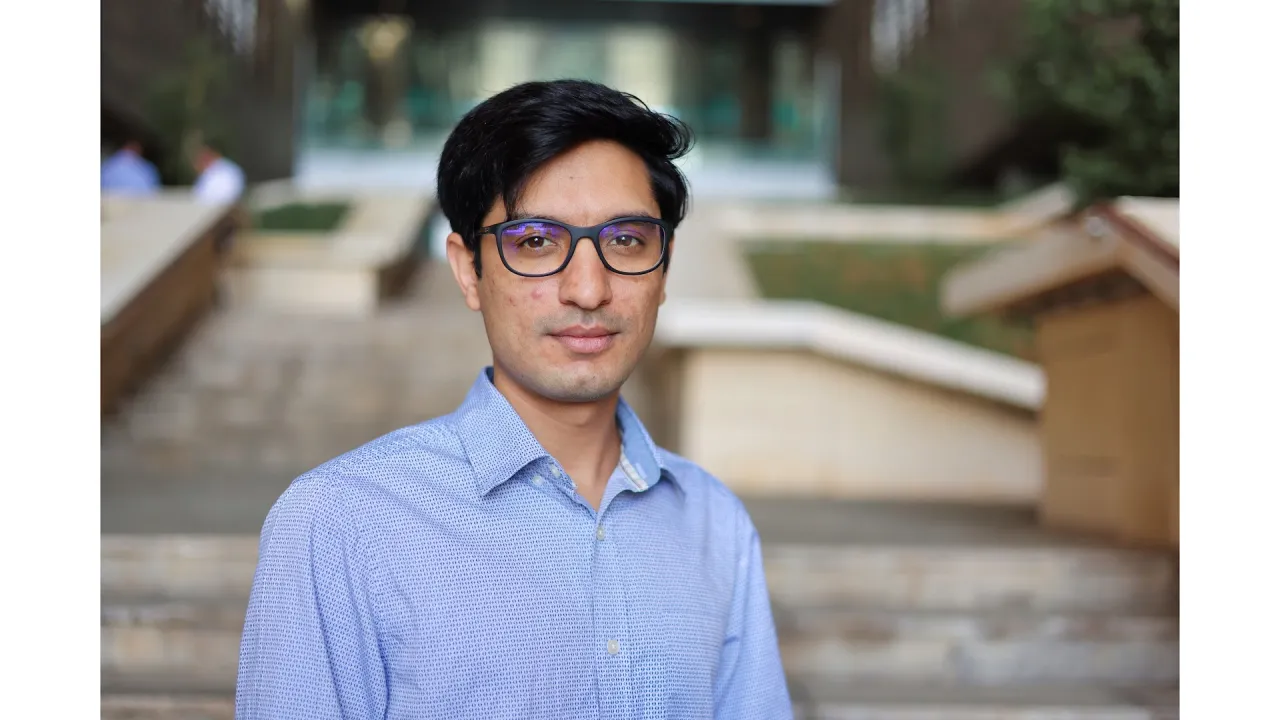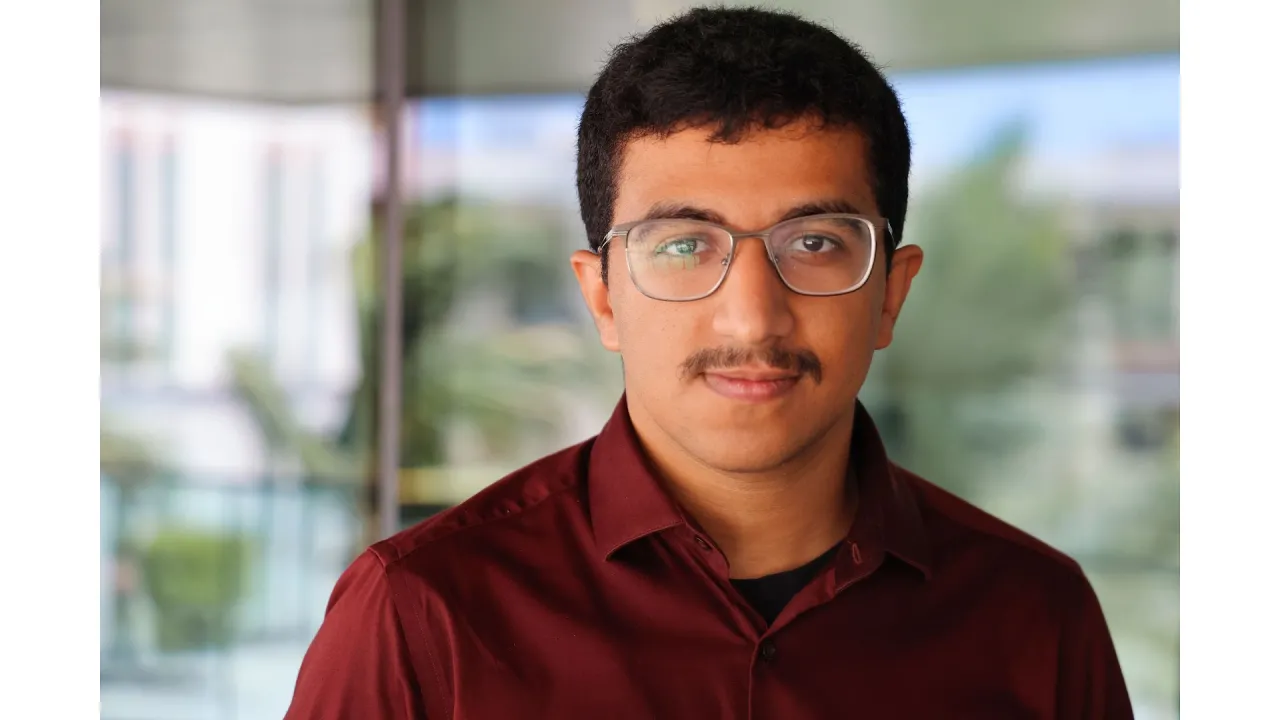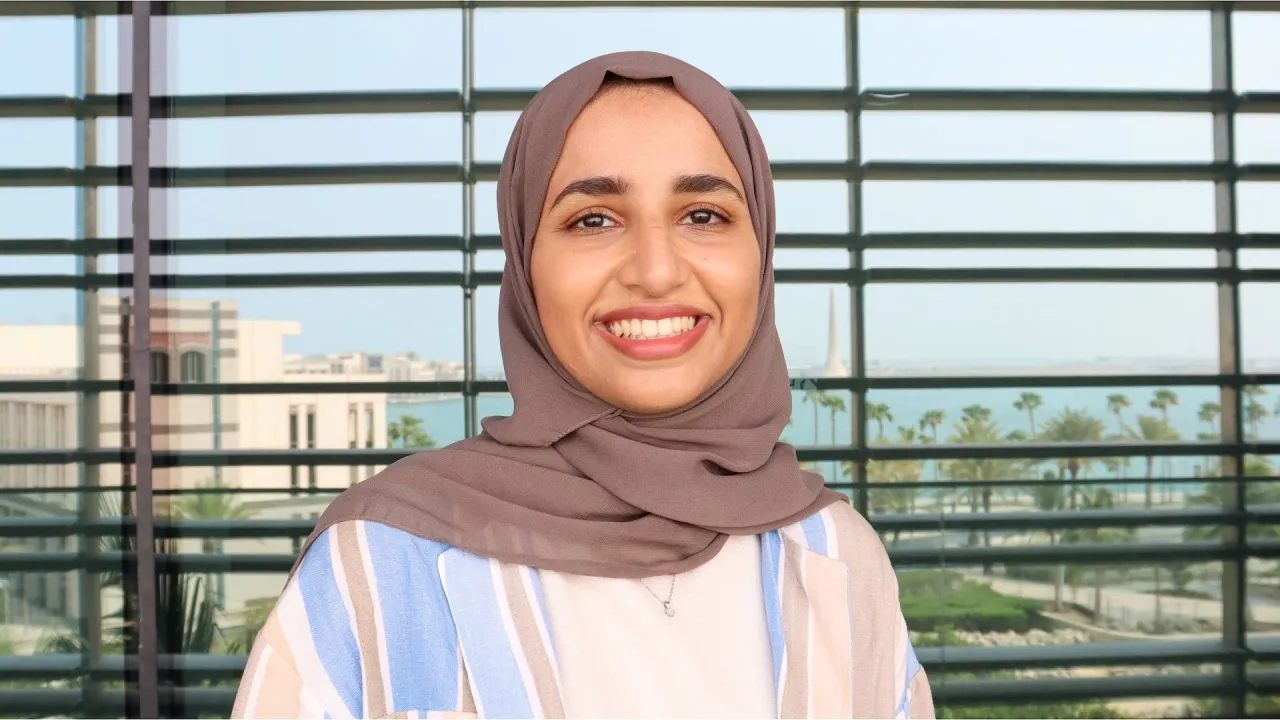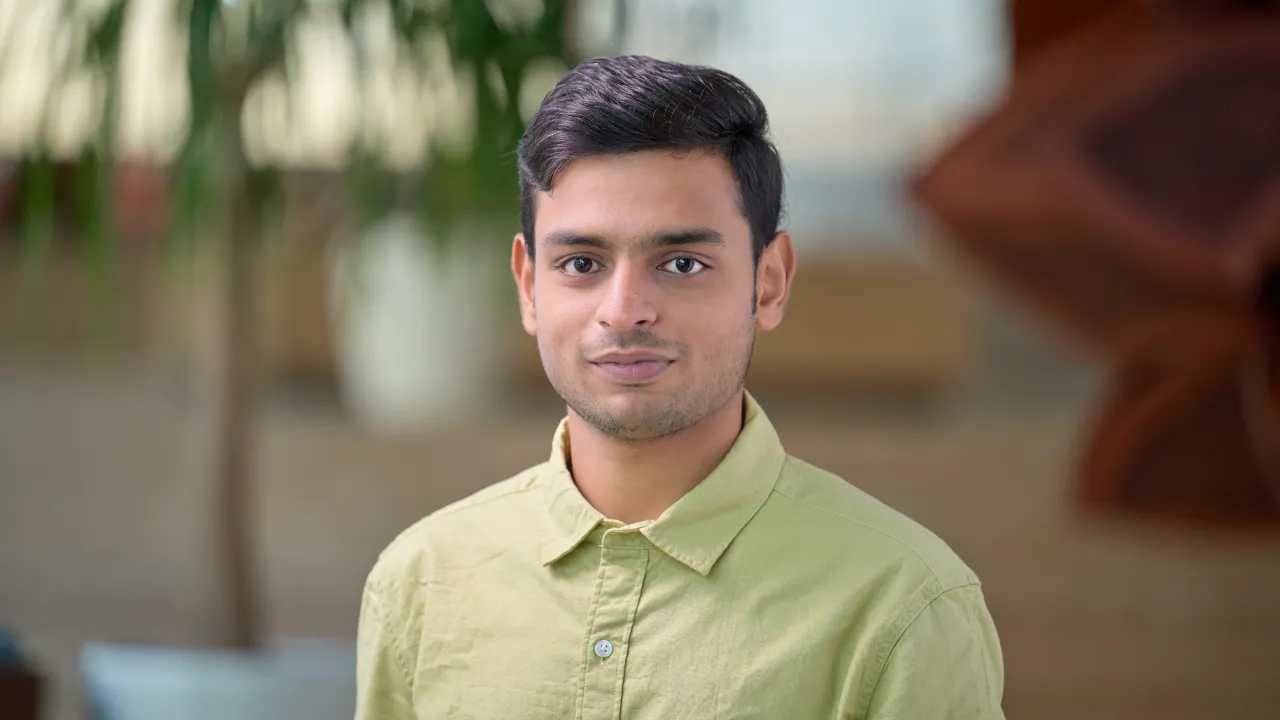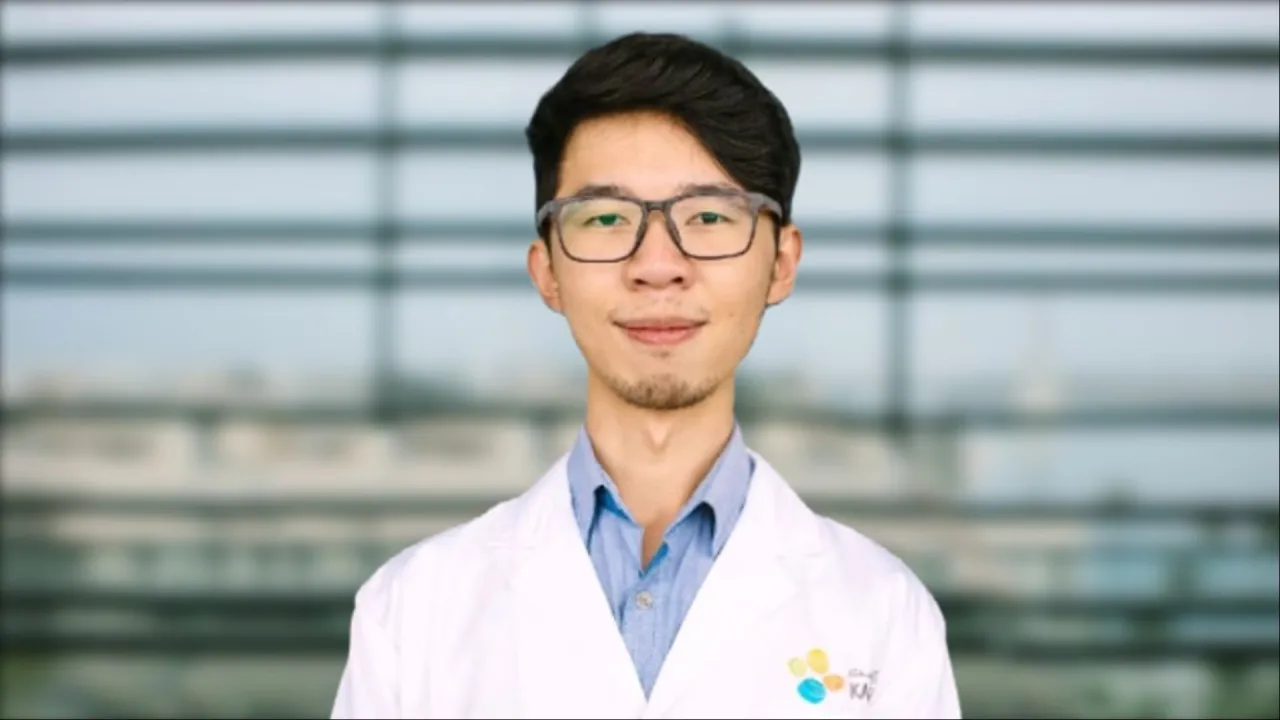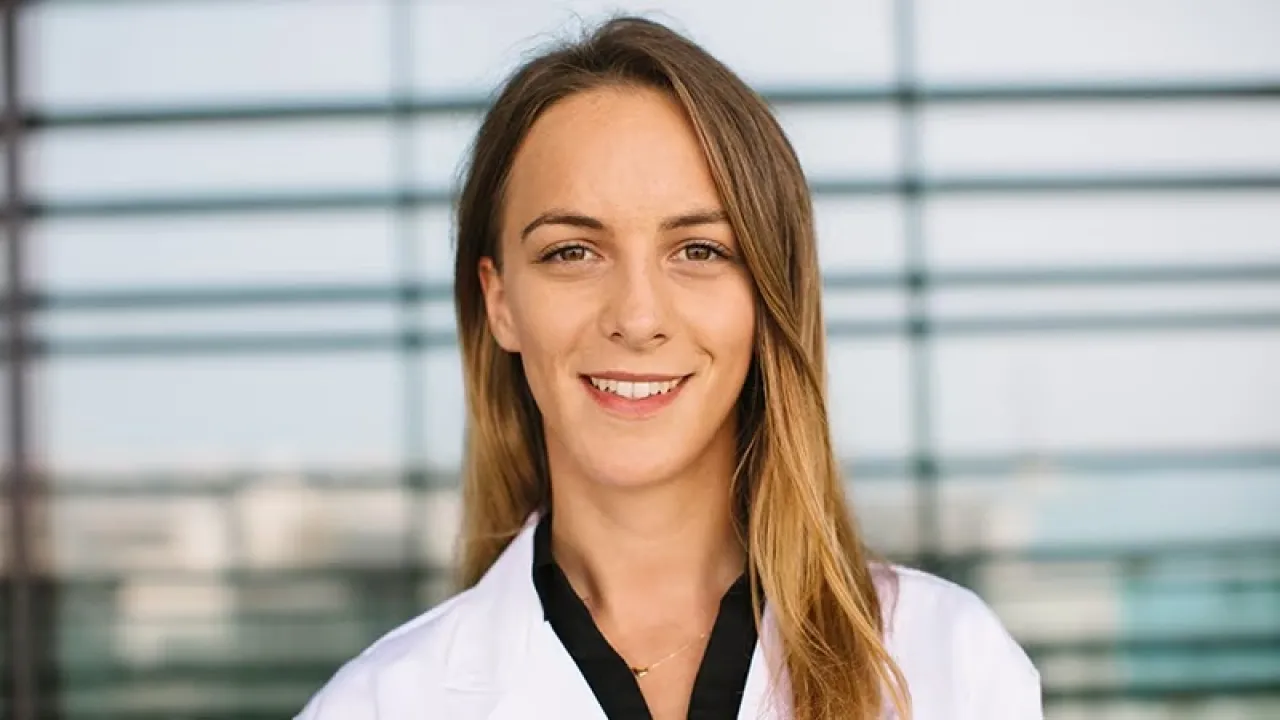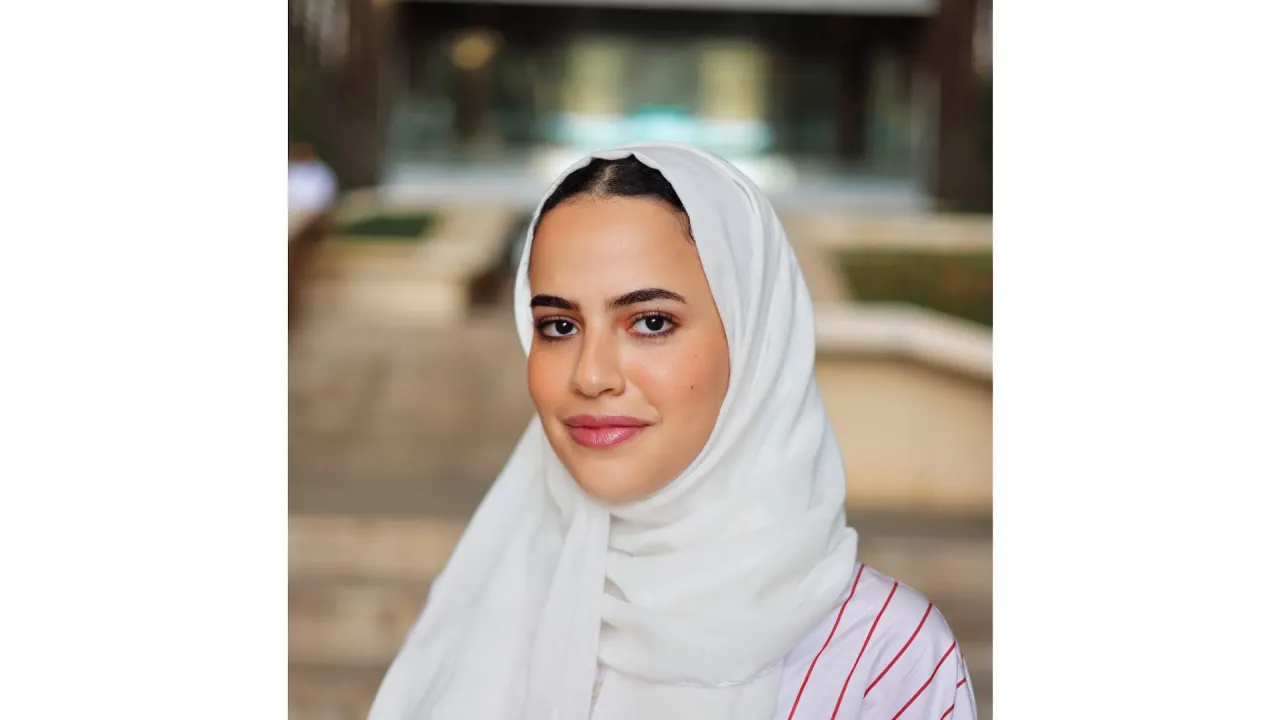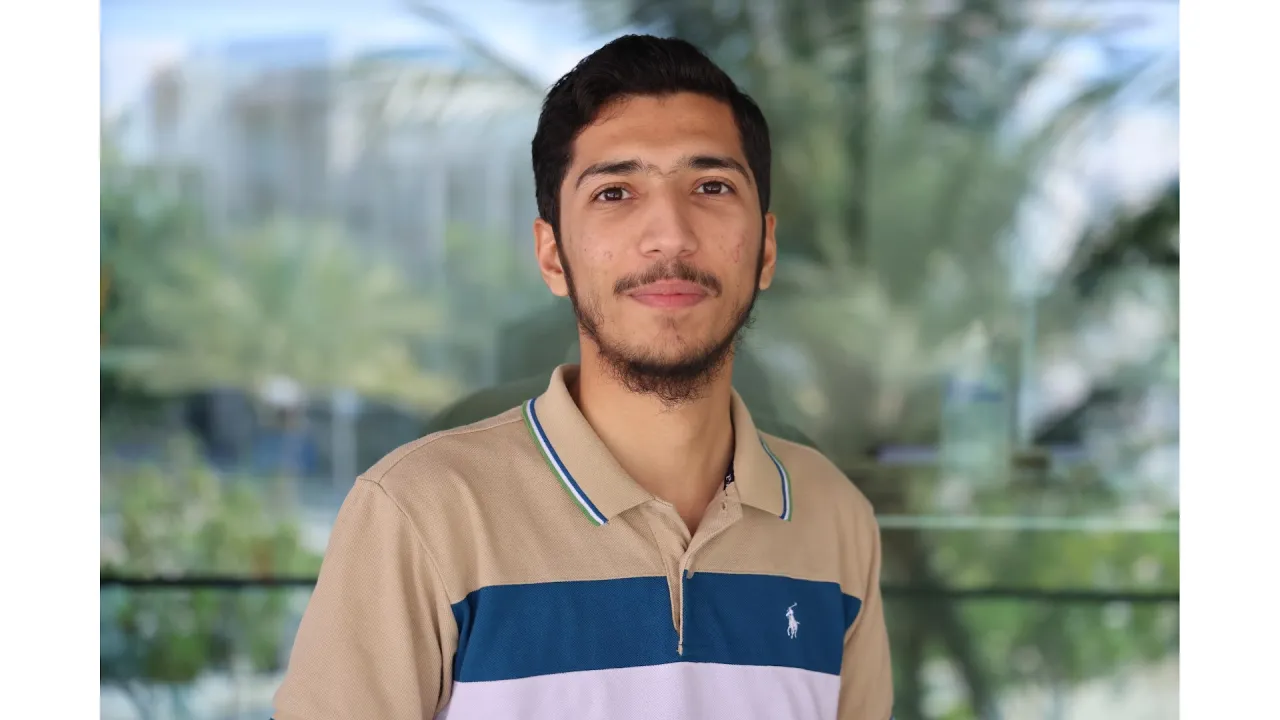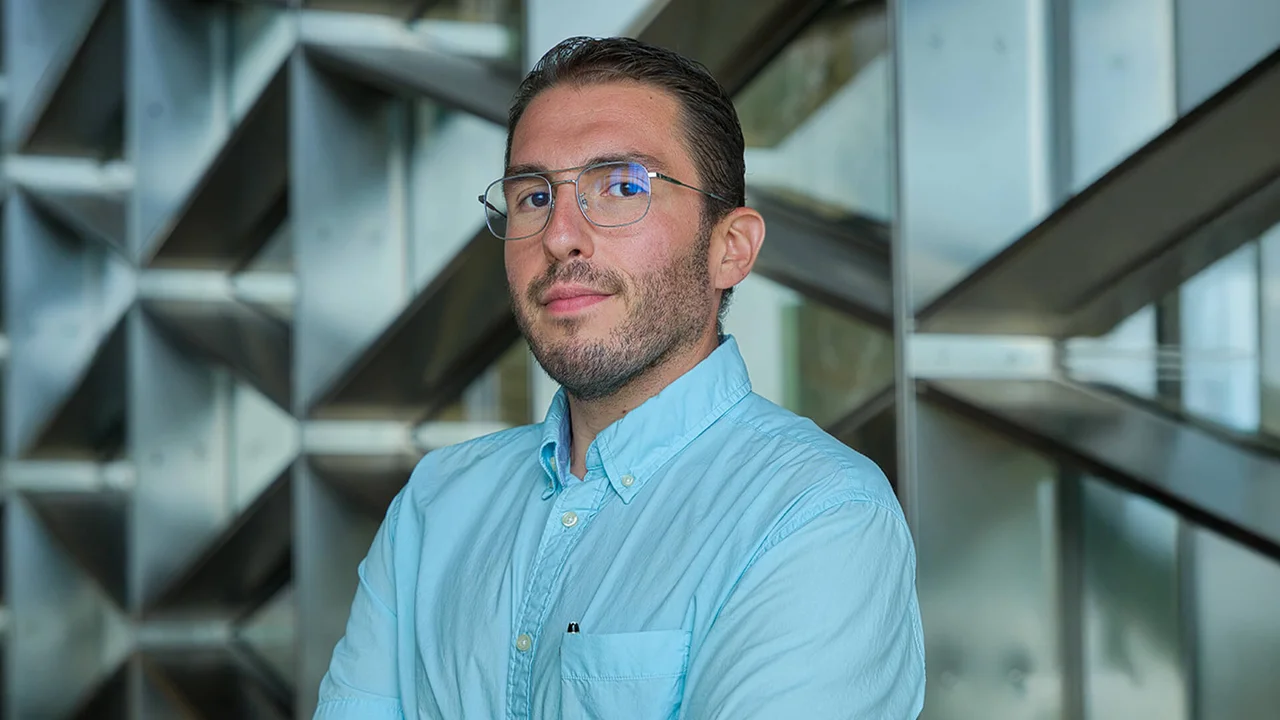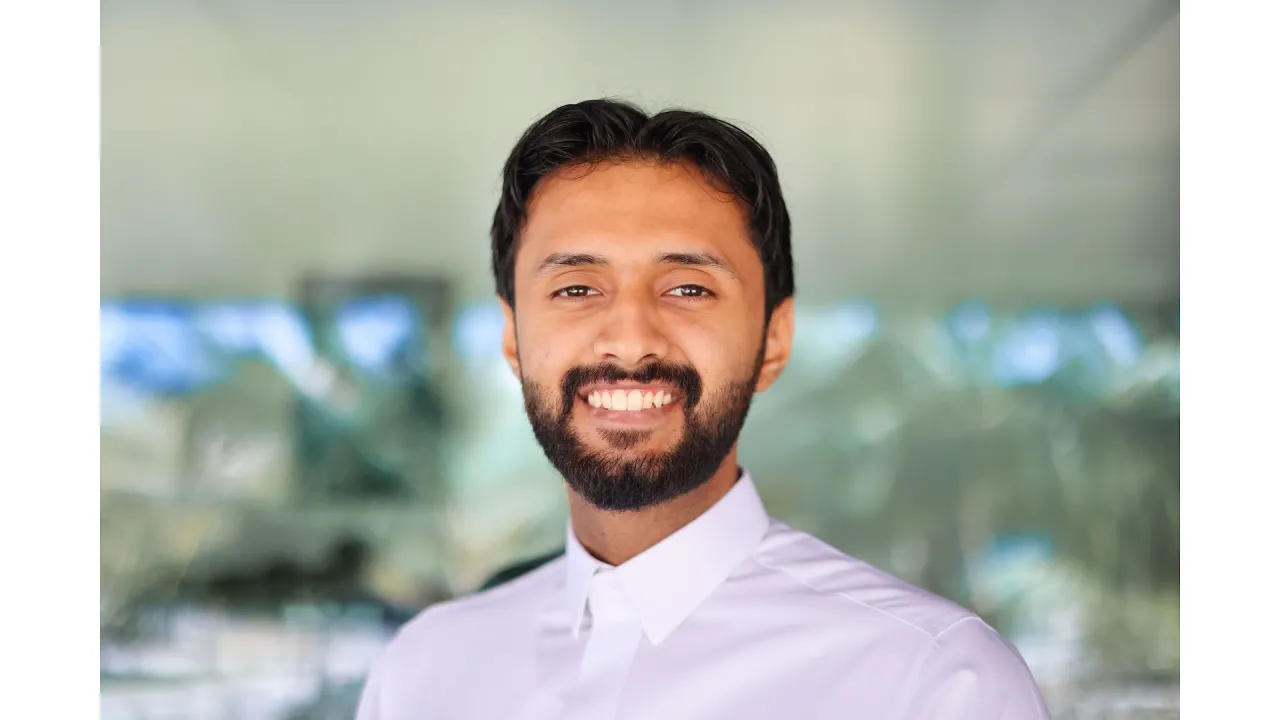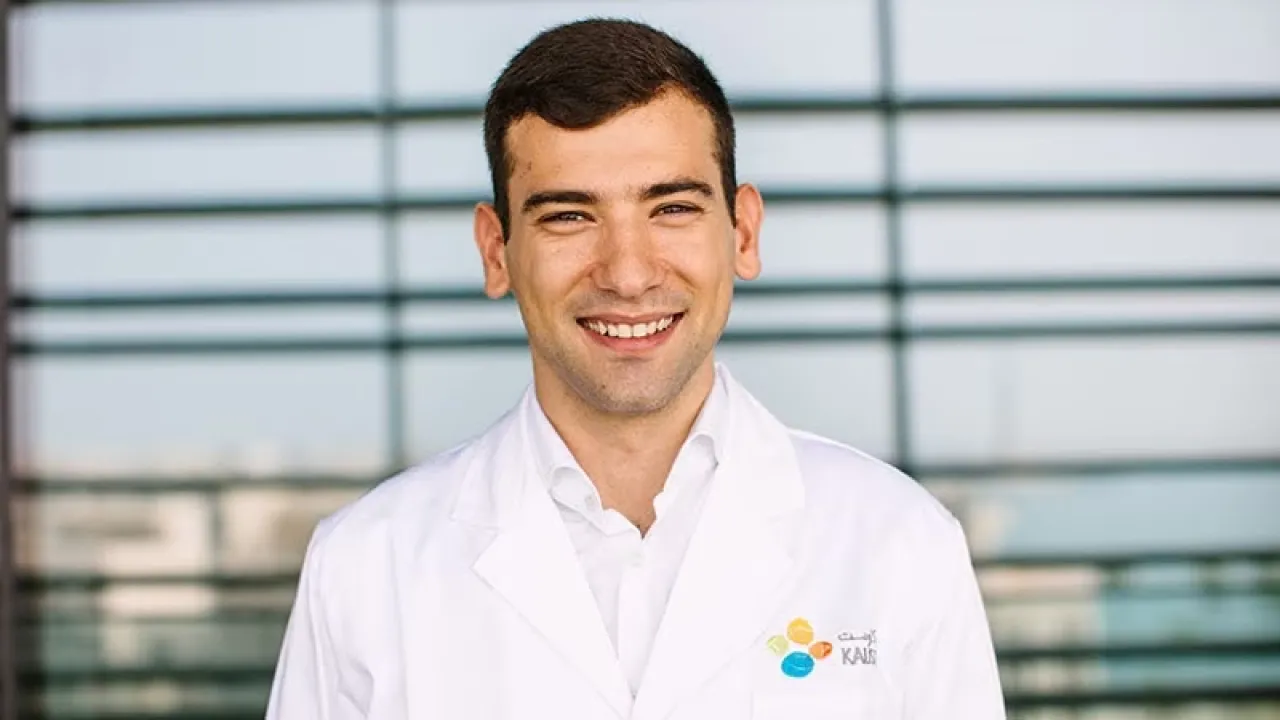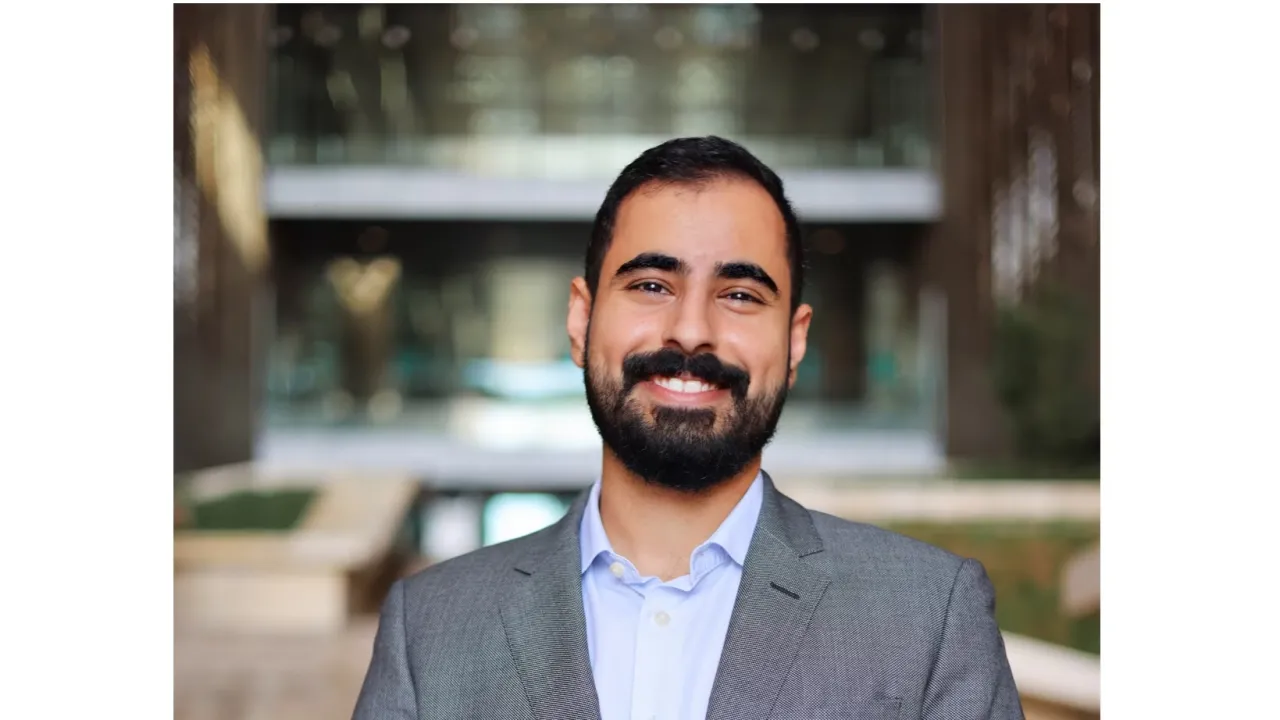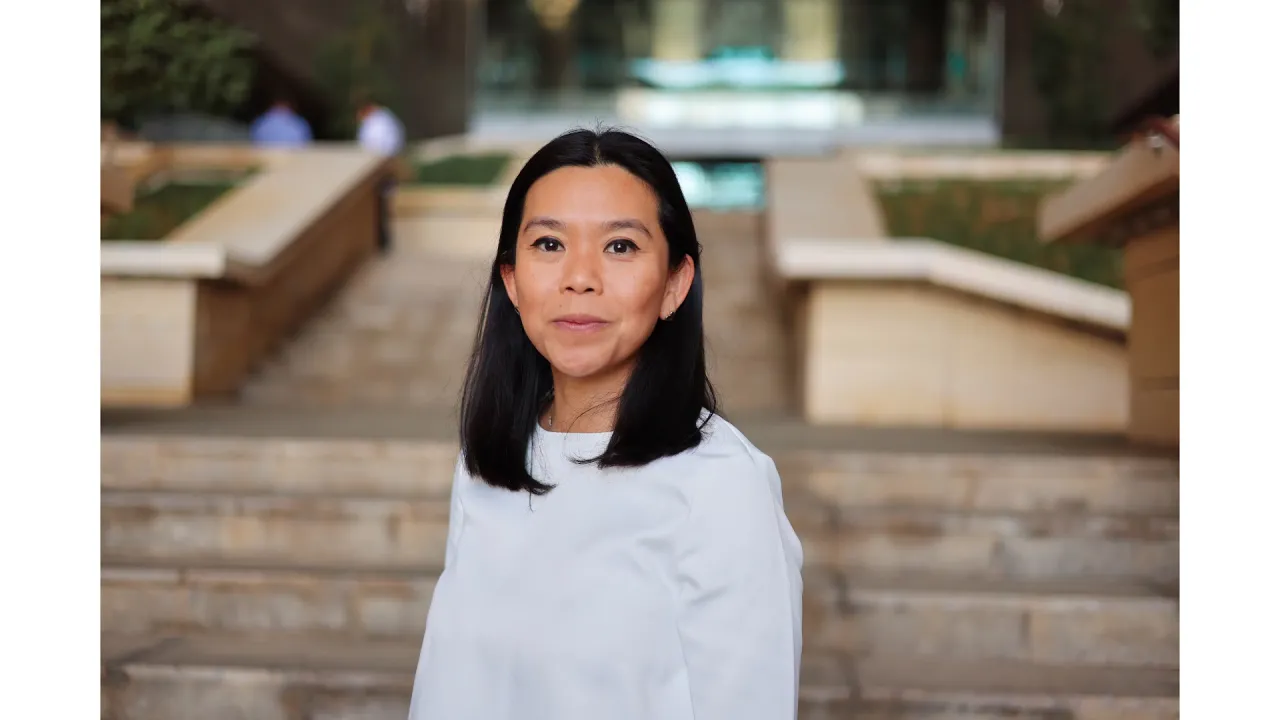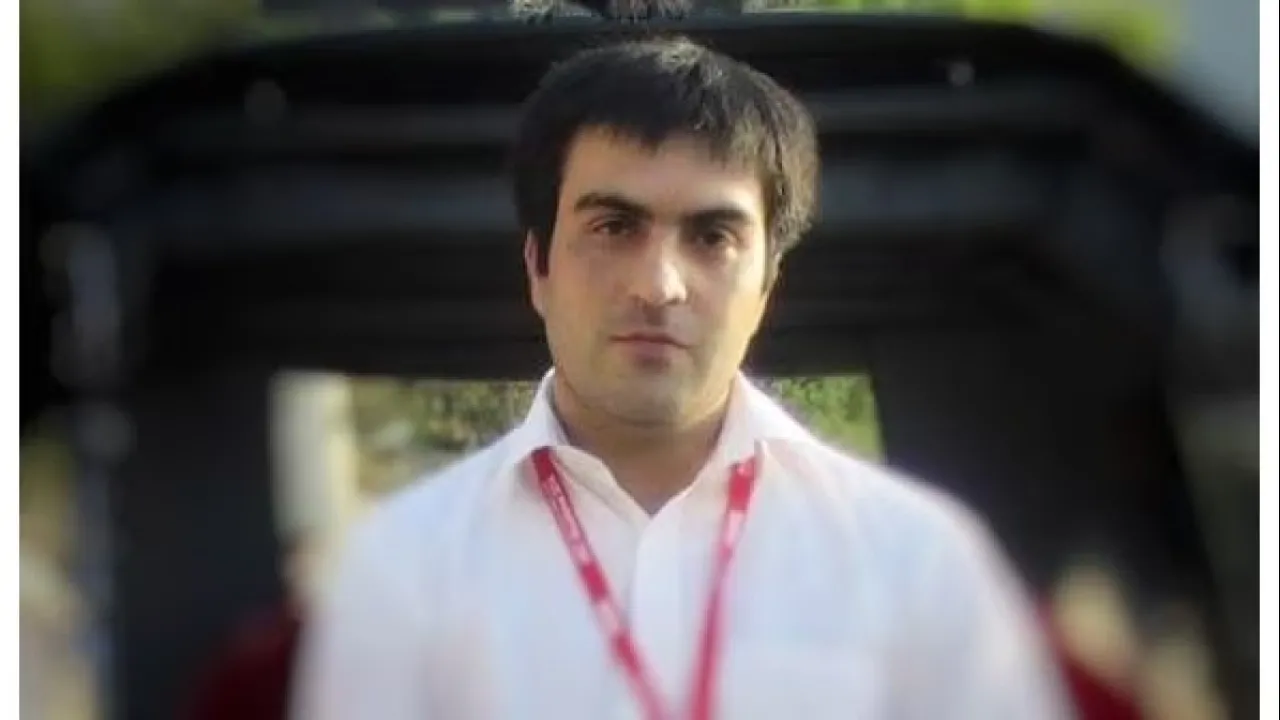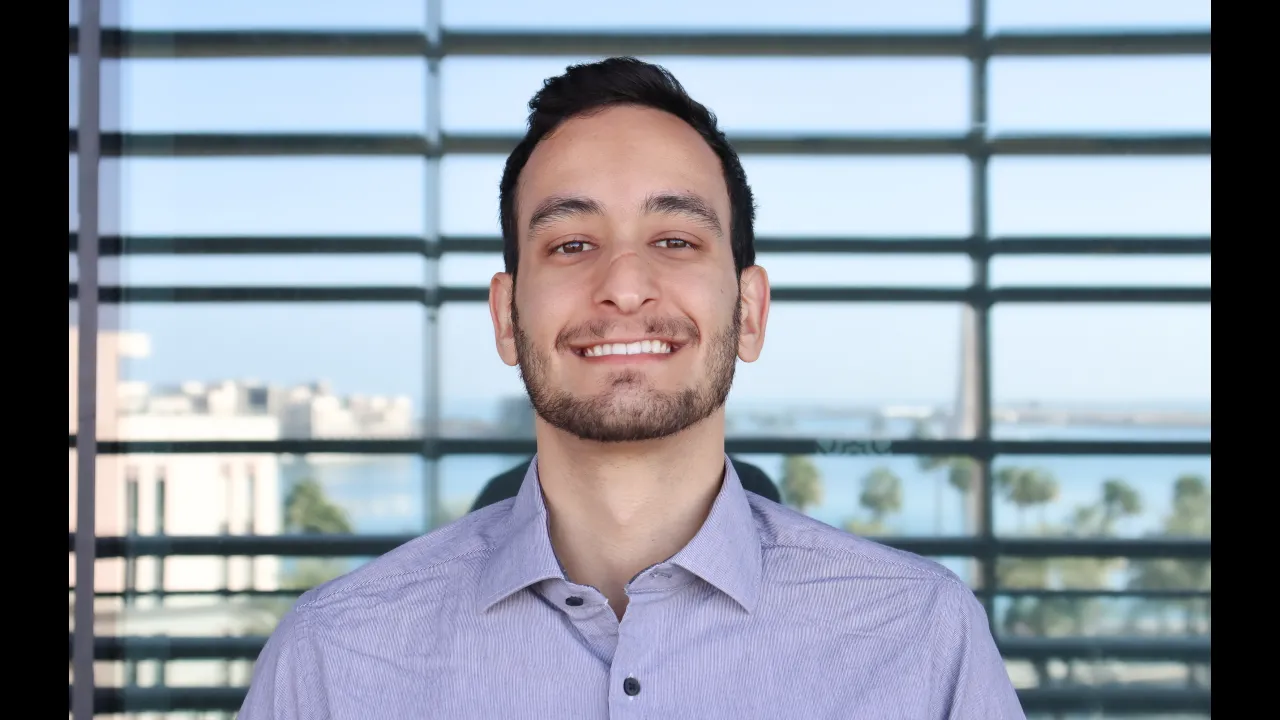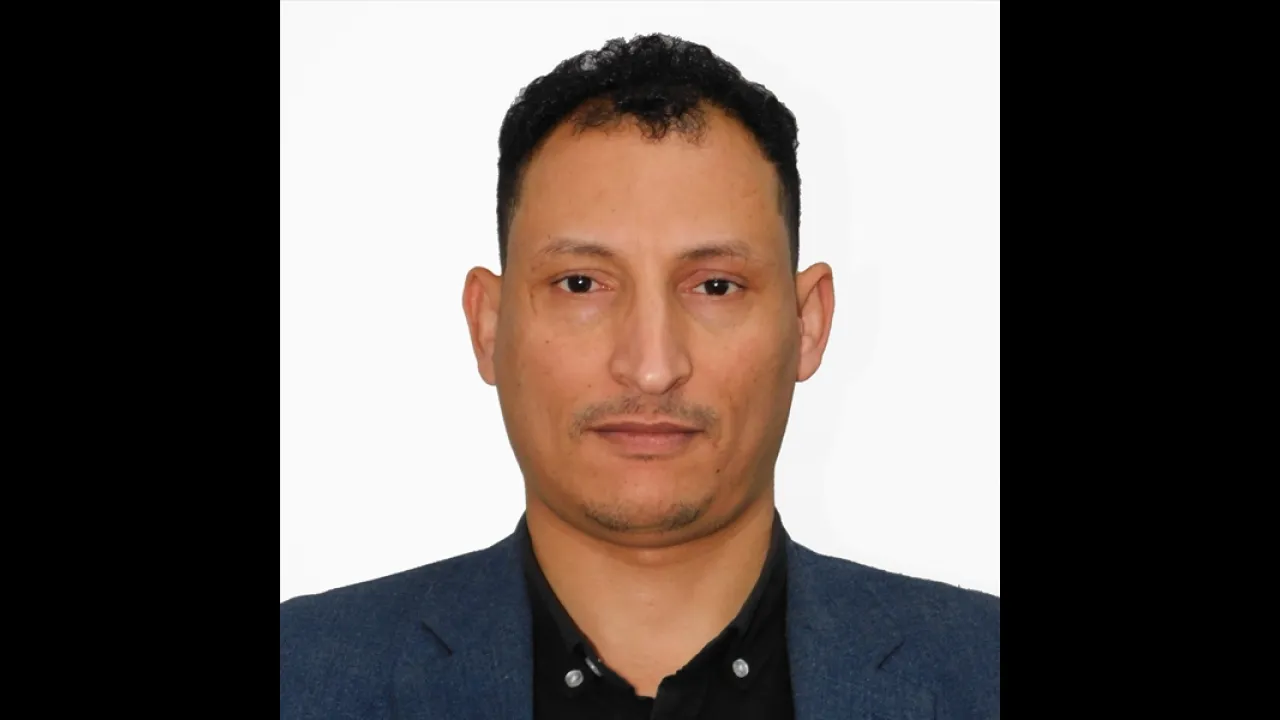Biography
Shehab Ahmed is a professor of Electrical and Computer Engineering (ECE) at KAUST, a position he has held since August 2018. He is affiliated with the Physical Science and Engineering (PSE) Division. Professor Ahmed first joined KAUST in 2010 as a visiting assistant professor in the PSE Division, and has since become a key contributor to the University's research landscape.
Beyond his work at KAUST, Shehab Ahmed held various academic roles at Texas A&M University at Qatar (TAMUQ). His tenure included serving as Associate Professor from 2013 to 2018, Assistant Professor from 2007 to 2013, and earlier as a Research Assistant from 1999 to 2002. In parallel with his academic career, Ahmed spent seven years as an electrical engineer at the Schlumberger Integrated Productivity and Conveyance Center in the U.S., where he applied his expertise in real-world engineering challenges.
Ahmed is the author of more than two hundred highly cited publications. He is also the recipient of prominent awards, such as the TEES Engineering Genesis Award, the ARC Best Research Project (2016) and the TAMUQ Faculty Research Excellence Award.
He received his Ph.D. and M.Sc. in Electrical Engineering from Texas A&M University, U.S., in 2007 and 2000, respectively. Ahmed obtained his B.Sc. in Electrical Engineering from Alexandria University, Egypt, in 1999.
Research Interests
Professor Ahmed’s research interests span the broad areas of power conversion and mechatronic systems. He specializes in distributed/renewable power generation, utility power conversion, microgrid energy management/storage, hybrid/electric vehicle drivetrains and high-voltage DC systems.
Among Ahmed’s goals are enhancing drilling operations, improving wellbore integrity assessment and supporting successful wireline conveyance.
